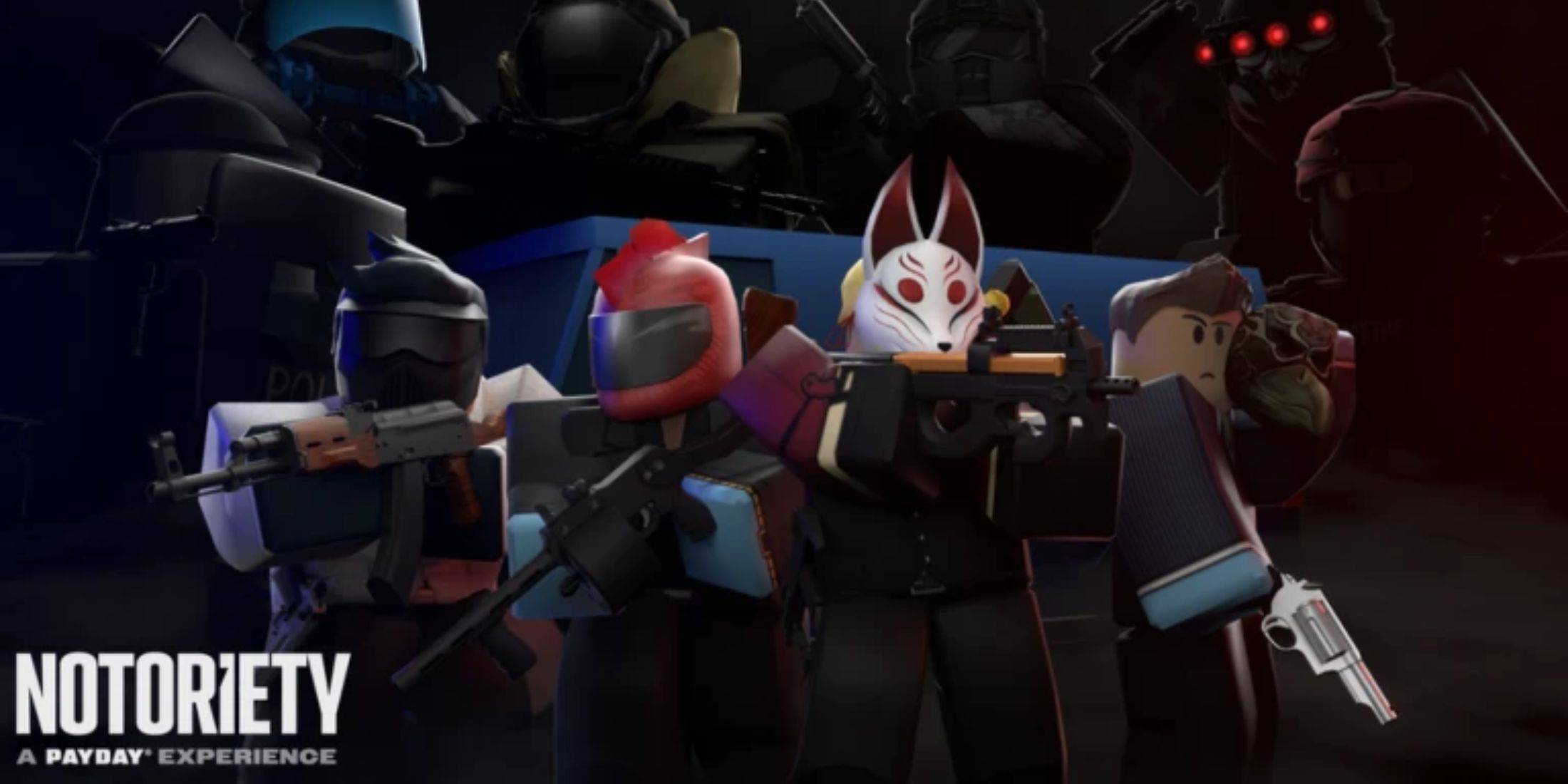Marvel Gaming Universe Concept Unveiled, Aimed to Connect All Games Like MCU, But Funding Fell Through
The Marvel Cinematic Universe (MCU) has become a powerhouse in entertainment, weaving a tapestry of films and TV shows into a single, compelling narrative. However, Marvel video games have not followed suit, operating independently of one another. For instance, Insomniac's Marvel's Spider-Man games exist in a universe separate from Eidos-Montreal's Marvel's Guardians of the Galaxy. Similarly, upcoming titles like Marvel 1943: Rise of Hydra, Marvel's Wolverine, and Marvel's Blade are standalone stories without any interconnections.
Yet, there was a time when Disney entertained the notion of a Marvel Gaming Universe (MGU) that would mirror the MCU's success in the gaming world. So, what led to the abandonment of this ambitious project?

On The Fourth Curtain podcast, host Alexander Seropian and guest Alex Irvine delved into their experiences with the MGU concept. Seropian, known for co-founding Bungie, the creators of Halo and Destiny, later took the helm of Disney's video game division until his departure in 2012. Irvine, a veteran writer for Marvel games, contributed to the world-building and character development for the popular Marvel Rivals.
Irvine reminisced about the early days of working on Marvel games, mentioning the initial vision for an MGU. "When I first started working on Marvel games, there was this idea that they were going to create a Marvel gaming universe that was going to exist in the same way that the MCU did," he shared. "It never really happened."
Seropian revealed that the MGU was his brainchild, but it failed to secure funding from Disney's higher-ups. "When I was at Disney, that was my initiative, 'Hey, let's tie these games together.' It was pre-MCU," he explained. "But it didn't get funded."
Irvine, drawing from his experience with the innovative Halo alternate reality game I Love Bees, elaborated on the potential mechanics of the MGU. "That was so frustrating because we came up with all these great ideas about how to do it," he said. He envisioned integrating alternate reality game (ARG) elements, creating a central hub where players could interact across different games, and even linking comics and original content. However, the plan never came to fruition due to lack of funding.
The complexity of the MGU proposal may have contributed to its downfall. Irvine noted that the project raised challenging questions about how it would differentiate itself from the comics and movies, and how consistency would be maintained across the games. "Even back then, we were trying to figure out, 'If there's going to be this MGU, how is it different from the comics? How is it different from the movies? How are we going to decide if it stays consistent?' And I think some of those questions got complex enough that there were people at Disney who didn't really want to deal with them," he explained.
It's intriguing to consider what might have been if the MGU had received the necessary funding. Perhaps Insomniac's Spider-Man games would have shared a universe with Square Enix's Marvel's Avengers and Marvel's Guardians of the Galaxy, with characters crossing over and stories culminating in a grand, Endgame-like event.
Looking forward, there's curiosity about whether Insomniac's upcoming Marvel's Wolverine game will be set in the same universe as Marvel's Spider-Man, and whether characters from the Spider-Man games might make appearances in Wolverine.
Sadly, the MGU remains a tantalizing "what if" in the annals of video game history. Yet, in some alternate universe, perhaps it thrives as a reality.
-
Make Starlight Island your personal paradise with full customization optionsMemory Island acts as the welcoming area for new Starlight Island visitorsMeet the newest addition: Special Marshmallow Bunny CookieCookie Run: Kingdom welcomes summer with aAuthor : Aurora Nov 14,2025
-
Video games should deliver enjoyment and satisfaction to players. This emotional fulfillment often comes from stunning visuals, engaging narratives, unique gameplay elements, or even promotional rewards like redeemable codes.Zenless Zone Zero (ZZZ) fAuthor : Noah Nov 14,2025
-
 Original SlotsDownload
Original SlotsDownload -
 4 картинки - Угадай словоDownload
4 картинки - Угадай словоDownload -
 Thot on TrialDownload
Thot on TrialDownload -
 Tabula -Tabu Kelime Oyunu 2024Download
Tabula -Tabu Kelime Oyunu 2024Download -
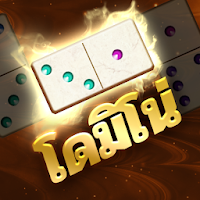 โดมิโน่สยาม - Domino SiamDownload
โดมิโน่สยาม - Domino SiamDownload -
 Lucky SurpriseDownload
Lucky SurpriseDownload -
 Aftermagic - Roguelike RPGDownload
Aftermagic - Roguelike RPGDownload -
 Fruit Memory by Beat the OddsDownload
Fruit Memory by Beat the OddsDownload -
 Fruit ShowDownload
Fruit ShowDownload -
 Legendary Matagi ~ Proof of InheritanceDownload
Legendary Matagi ~ Proof of InheritanceDownload
- Black Ops 6 Zombies: How To Configure The Summoning Circle Rings on Citadelle Des Morts
- Harvest Moon: Lost Valley DLC and Preorder Details Revealed
- Roblox: Latest DOORS Codes Released!
- Silent Hill 2 Remake Coming to Xbox and Switch in 2025
- Roblox: Blox Fruits Codes (January 2025)
- Roblox: Freeze for UGC Codes (January 2025)


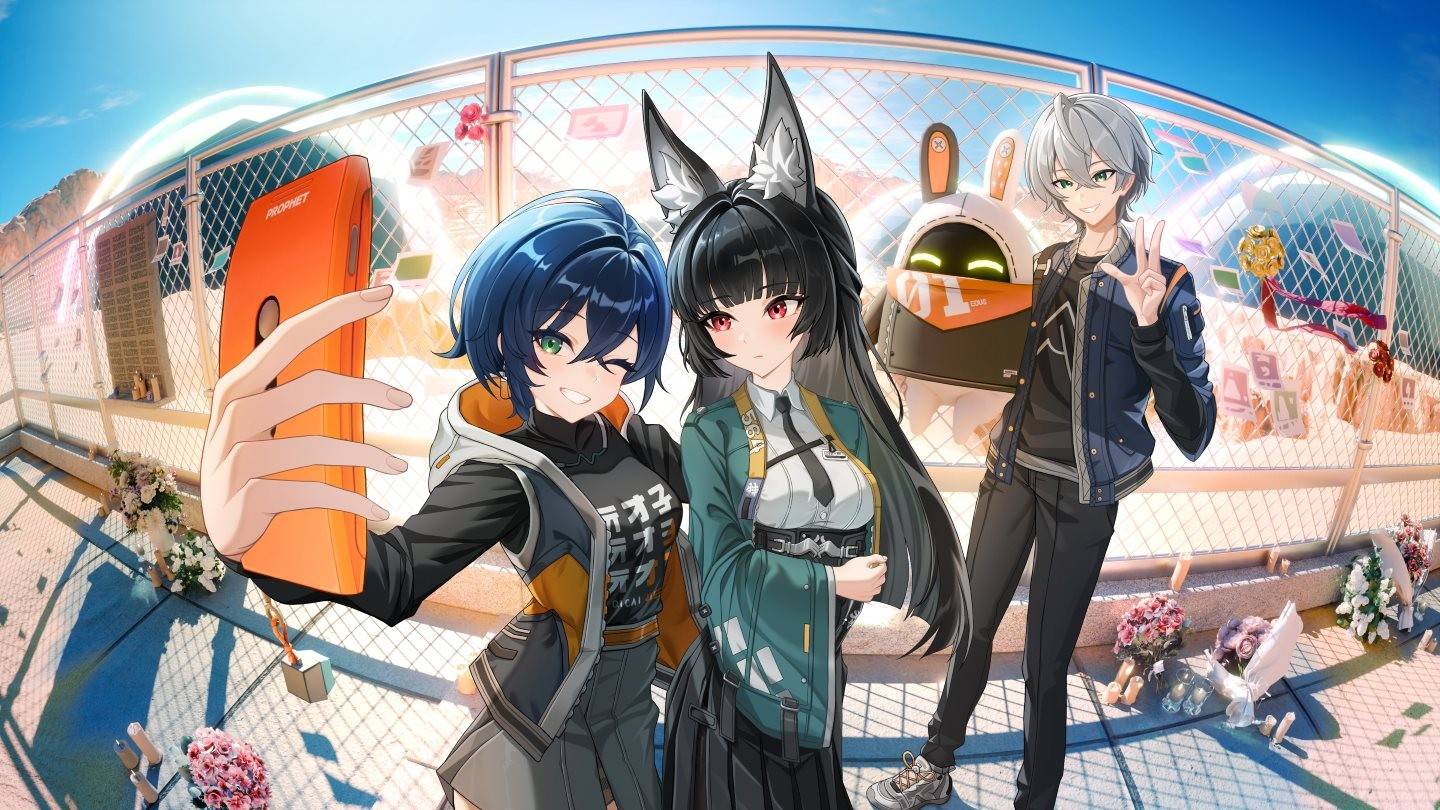
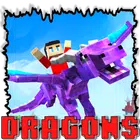
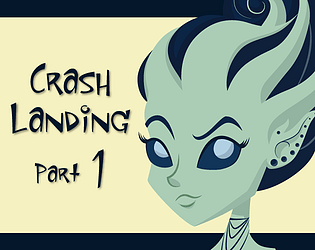



![Taffy Tales [v1.07.3a]](https://imgs.ehr99.com/uploads/32/1719554710667e529623764.jpg)




